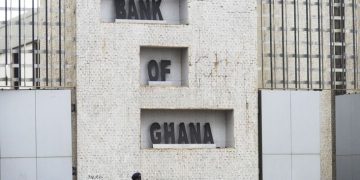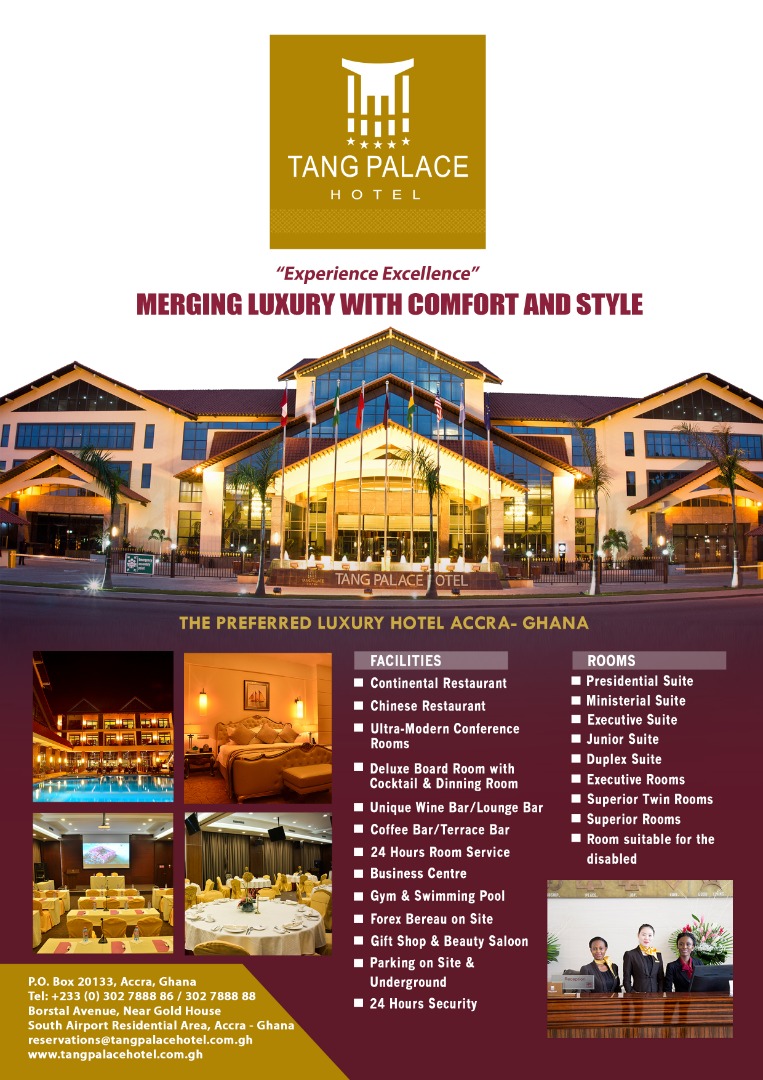Houthi assaults on merchant ships as they sail through the Red Sea are driving up the shares of firms transporting everything from manufactured goods to oil and commodities.
The combined market capitalization of the world’s largest publicly traded shipping companies has jumped by about $22 billion since Dec. 12, when the assaults really ramped up.
The increase is because large numbers of vessels are choosing to avoid the conflict area, where insurance costs are surging. That means they can’t use Egypt’s Suez Canal to cut between Asia and Europe and instead must sail thousands of miles around Africa to make their deliveries.
The greater distances occupy fleets for longer, cutting vessel supply. Delays will also cause some disruption as vessels reach their destinations later than expected and are then delayed getting back to their next cargoes, further eroding vessel supply.
Keuhne+Nagel, a global logistics giant, said Wednesday that 103 container ships have diverted around Africa, a figure it expects to increase. Some oil tanker owners have also insisted on options in their charters to avoid the southern Red Sea, while BP Plc and Equinor ASA have also shied away from the area.
The combined market capitalization of the firms within the Solactive Global Shipping Index rose to almost $190 billion on Wednesday. On Dec. 12 it stood at $166.2 billion.





































